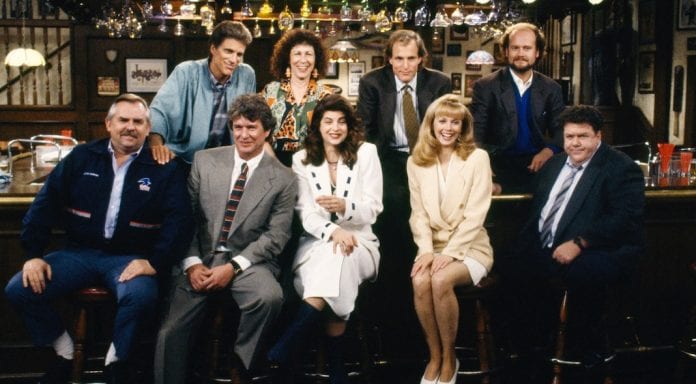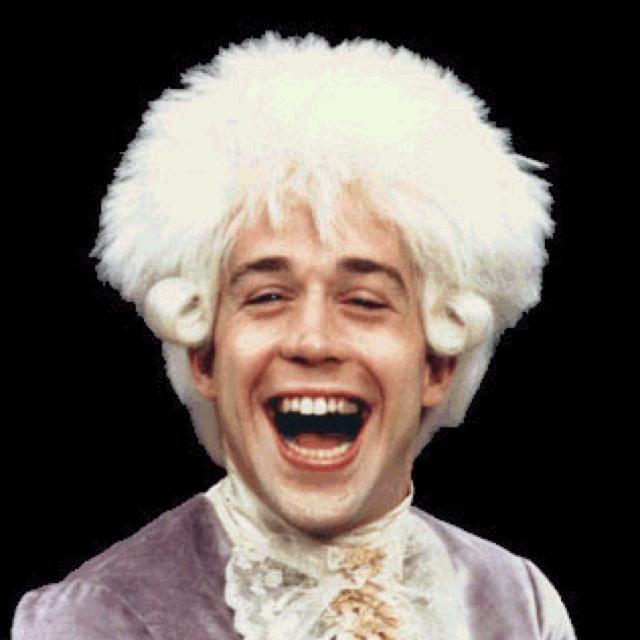You are not logged in. Would you like to login?

The character of any board is determined by the posters themselves.
This place will be as good as you participants make it.
Please read the rules and behave accordingly.
With the exception of "The Back Alley", CIVIL DISCUSSION IS EXPECTED
Any problems, you may email at cpd.monitors@gmail.com - Send private forum message - OR Ask A Question here
Any and all personal information will remain strictly confidential.
Click BOLDED FORUM TITLES to open each one.
For help navigating & posting on the forums using BBCode, Get Help Here
We are currently NOT ACCEPTING new registrations. If you want to join, post a message on the simple message board that you'd like a membership here too.
- Siagiah
- Administrator
 Offline
Offline - From: New England, U.S.A.
- Registered: 2/16/2019
- Posts: 2,804
Re: What Was Russia Up To?
'Our task was to set Americans against their own government': New details emerge about Russia's trolling operation."
THAT is all that I can see of your link because it is demanding that I turn off my adblocker and my Kaspersky Protection against websites stealing info from my computer. I won't turn either one off.
Can you c&p the article so we can read it ??
- Amadeus
- Moderator
 Offline
Offline 
- Registered: 2/17/2019
- Posts: 53
Re: What Was Russia Up To?
Recently revealed details about how an infamous Russian "troll farm" operated and its role in Russia's disinformation campaign shed new light on Russia's interference in the 2016 US presidential race.One former troll, who was interviewed by the independent Russian news outlet Dozhd and went by "Maxim," or Max, spoke of his experience working for the Internet Research Agency, a well-researched Russian company in St. Petersburg whose function is to spread pro-Russian propaganda and sow political discord in nations perceived as hostile to Russia.The secretive firm is bankrolled by Yevgeny Prigozhin, CNN reported, a Russian oligarch who is a close ally of President Vladimir Putin.
Up to a third of the company's staff was tasked with interfering in US political conversation during the 2016 election, according to an investigation conducted by the Russian news agency RBC and detailed by another Russian news outlet, Meduza.The Internet Research Agency, Max told Dozhd, consisted of a "Russian desk" and a "foreign desk." The Russian desk, which was primarily made up of bots and trolls, used fake social-media accounts to flood the internet with pro-Trump agitprop and made-up news throughout the US presidential campaign, especially in the days leading up to the November election.The foreign desk had a more sophisticated purpose, according to Max, who worked in that department. "It's not just writing 'Obama is a monkey' and 'Putin is great.' They'll even fine you for that kind of [primitive] stuff," he told Dozhd. In fact, those who worked for the foreign desk were restricted from spreading pro-Russia propaganda. Rather, Max said, their job was more qualitative and was geared toward understanding the "nuances" of American politics to "rock the boat" on divisive issues like gun control and LGBT rights."Our goal wasn't to turn the Americans toward Russia," he added. "Our task was to set Americans against their own government: to provoke unrest and discontent, and to lower Obama's support ratings."
An entire department, the "Department of Provocations," was dedicated to that goal: Its primary objective was to disseminate fake news and sow discord in the West, according to CNN.The troll farm also had its own "Facebook desk," whose function was to relentlessly push back against the platform's administrators who deleted fake accounts as they began gaining traction. When Internet Research Agency employees argued against having their accounts deleted, Max said, Facebook staffers would write back, "You are trolls." The trolls would in turn invoke the First Amendment right to free speech — occasionally, they won the arguments.Facebook is now at the center of congressional and FBI investigations that are examining the extent to which Russia used social-media platforms to influence American political opinion.Facebook has turned over more than 3,000 Russian-bought ads to Congress. RBC's investigation found that in 2016 Russia's propaganda network on Facebook, Instagram, and Twitter could have reached 30 million people a week, and a Columbia University social-media analyst [url=!/vizhome/FB4/TotalReachbyPage]published[/url] research that found that Russian propaganda may have been shared billions of times on Facebook alone.
In addition to spreading fake news, Russian Facebook accounts went one step further by organizing events, rallies, and protests, some of which galvanized dozens of people. To be sure, RBC found that the Internet Research Agency hired 100 American activists over the internet to hold 40 rallies across different US cities. Those people did not know they were working for a Russian organization, according to the investigation.

- •
- Siagiah
- Administrator
 Offline
Offline - From: New England, U.S.A.
- Registered: 2/16/2019
- Posts: 2,804
Re: What Was Russia Up To?
Amadeus wrote:
Recently revealed details about how an infamous Russian "troll farm" operated and its role in Russia's disinformation campaign shed new light on Russia's interference in the 2016 US presidential race.One former troll, who was interviewed by the independent Russian news outlet Dozhd and went by "Maxim," or Max, spoke of his experience working for the Internet Research Agency, a well-researched Russian company in St. Petersburg whose function is to spread pro-Russian propaganda and sow political discord in nations perceived as hostile to Russia.The secretive firm is bankrolled by Yevgeny Prigozhin, CNN reported, a Russian oligarch who is a close ally of President Vladimir Putin.
Up to a third of the company's staff was tasked with interfering in US political conversation during the 2016 election, according to an investigation conducted by the Russian news agency RBC and detailed by another Russian news outlet, Meduza.The Internet Research Agency, Max told Dozhd, consisted of a "Russian desk" and a "foreign desk." The Russian desk, which was primarily made up of bots and trolls, used fake social-media accounts to flood the internet with pro-Trump agitprop and made-up news throughout the US presidential campaign, especially in the days leading up to the November election.The foreign desk had a more sophisticated purpose, according to Max, who worked in that department. "It's not just writing 'Obama is a monkey' and 'Putin is great.' They'll even fine you for that kind of [primitive] stuff," he told Dozhd. In fact, those who worked for the foreign desk were restricted from spreading pro-Russia propaganda. Rather, Max said, their job was more qualitative and was geared toward understanding the "nuances" of American politics to "rock the boat" on divisive issues like gun control and LGBT rights."Our goal wasn't to turn the Americans toward Russia," he added. "Our task was to set Americans against their own government: to provoke unrest and discontent, and to lower Obama's support ratings."
An entire department, the "Department of Provocations," was dedicated to that goal: Its primary objective was to disseminate fake news and sow discord in the West, according to CNN.The troll farm also had its own "Facebook desk," whose function was to relentlessly push back against the platform's administrators who deleted fake accounts as they began gaining traction. When Internet Research Agency employees argued against having their accounts deleted, Max said, Facebook staffers would write back, "You are trolls." The trolls would in turn invoke the First Amendment right to free speech — occasionally, they won the arguments.Facebook is now at the center of congressional and FBI investigations that are examining the extent to which Russia used social-media platforms to influence American political opinion.Facebook has turned over more than 3,000 Russian-bought ads to Congress. RBC's investigation found that in 2016 Russia's propaganda network on Facebook, Instagram, and Twitter could have reached 30 million people a week, and a Columbia University social-media analyst [url=!/vizhome/FB4/TotalReachbyPage]published[/url] research that found that Russian propaganda may have been shared billions of times on Facebook alone.
In addition to spreading fake news, Russian Facebook accounts went one step further by organizing events, rallies, and protests, some of which galvanized dozens of people. To be sure, RBC found that the Internet Research Agency hired 100 American activists over the internet to hold 40 rallies across different US cities. Those people did not know they were working for a Russian organization, according to the investigation.
===============================================
OMG … it's far worse than I'd thought !!
 1 of 1
1 of 1